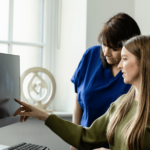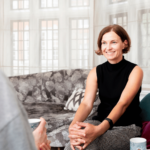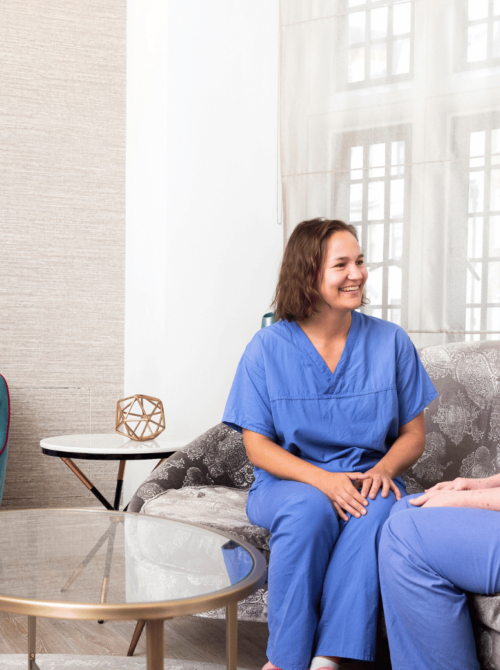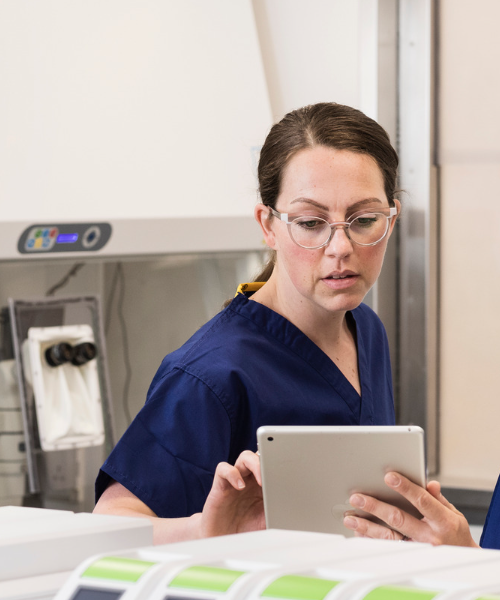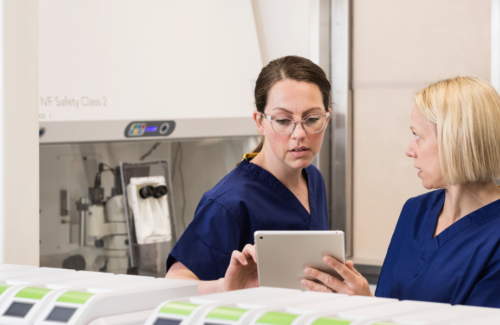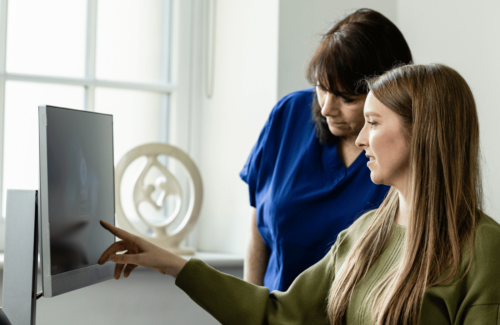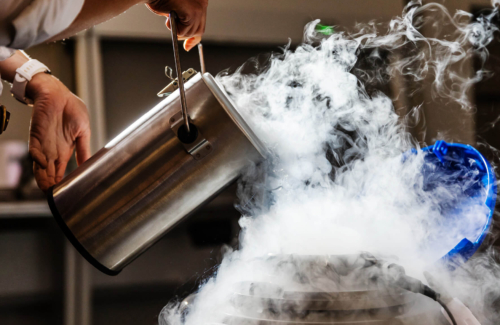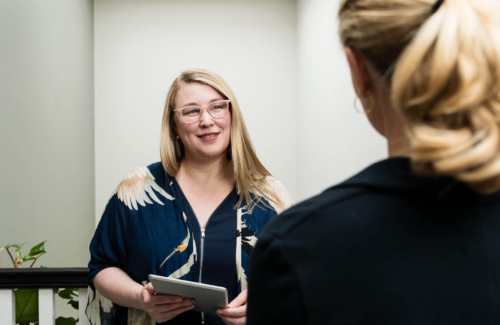How many eggs does a woman have?
As a woman ages, fertility drops due to the decreasing number and quality of the remaining eggs. We look at the reasons this declines, and what can be done about it.
How many eggs does a woman have?
Female babies are born with all the egg cells they are ever going to have and no new egg cells are made during a woman’s lifetime. An immature egg is called an oocyte – oocytes rest in follicles (fluid-filled sacs that contain an immature egg) in your ovaries until they begin to mature.
A female foetus has around 4 million eggs. When a baby girl is born, the number of oocytes steadily drops to between 1 and 2 million, and the number keeps decreasing by 10,000 each month before puberty. When a girl reaches puberty, she has between 300,000-400,000 eggs, yet the monthly loss of oocytes slows down to 1,000.
As a woman ages, fertility can drop due to the decreasing number and quality of the remaining eggs – to learn more about female fertility, read on how to increase fertility in women here.
The loss of oocytes isn’t influenced by things we can control, such as hormones, birth control, pregnancies, nutritional supplements or health. There are some exceptions, though – certain chemotherapies, radiation and smoking do accelerate egg loss. Read more about smoking and fertility here.
You might be interested in…
How many eggs do women have in their 30s?
There is no one right answer to this question, as certain factors – such as smoking or other personal factors – may mean a woman has fewer eggs than others. The average number of oocytes at the age of 30 would be around 72,000 (12% of maximum pre-birth levels).
How many eggs does a woman have at 40?
By the time a woman reaches 40, she’ll be down to about 18,000 (3% of her pre-birth egg supply). Although the chances of conception are lower, this does not mean it is impossible to conceive at this age.
Many women continue to have perfectly healthy pregnancies and babies well into their 30s and older, and medical help and support with procedures such as IVF are readily available to those who have trouble conceiving.
Menopause
When a woman’s body has no more viable eggs left, the oestrogen levels start to decline and a woman goes through menopause. Menopause usually occurs between the ages of 45 and 55 – in the UK, an average woman reaches her menopause at the age of 51, however, 1 in 100 women can experience menopause before they reach 40 – this is known as premature menopause or premature ovarian insufficiency.
You might be interested in…
Tests to measure the egg count
There are ways to measure the egg count: an antral follicle count or an AMH test. The antral follicle count is a test that measures your ovarian reserve, performed in the early phase of your menstrual cycle, in which a doctor uses ultrasound to count the visible follicles in your ovaries.
AMH stands for Anti-Mullerian Hormone. It’s a laboratory test that fertility doctors use to assess a woman’s ovarian reserve or egg count. AMH is a hormone produced by cells from the small follicles in a woman’s ovaries and is used as a marker of oocyte quantity. Read more about what is AMH here.
Egg freezing
As the quality and quantity of the eggs decrease with time, egg freezing is a great solution for women to preserve their youthful and healthy eggs and increase the chances of conceiving later in life. Women choose to freeze their eggs if they’re worried about their fertility declining but are not ready to have a baby just yet. This decision could also be caused by age-related concerns or an illness that could affect a woman’s fertility in the future.
The process of egg freezing involves the ovarian stimulation with hormones to produce multiple eggs, which are retrieved and stored in the laboratory at sub-zero temperatures. Once a woman is ready to conceive, the eggs are thawed, and the survived ones are injected with a partner’s or donor’s sperm.
Learn more about egg freezing here.
How can we help
At The Evewell, we deeply care about all of our patients and their loved ones. If you are considering having an AMH test or a Fertility treatment, please get in touch with us to see how we can help. We can arrange a consultation with one of our specialist doctors to guide you through the process or refer you to our fertility counsellor for support. Get in touch by either emailing us at appointments@evewell.com or giving us a call on 020 3974 0950.
Please see the full list of Fertility services we offer here.
All Categories
Ready to talk? Our team of experts are only one phone call or email away to offer support and help deciding your next steps. To arrange a 15 minute, no-obligations, call with a member of our Patient Services Team, contact us today.


